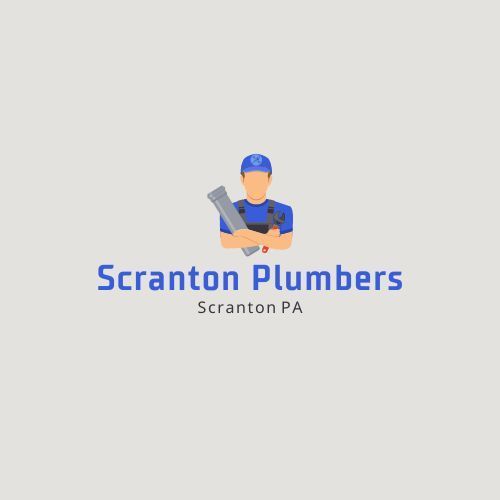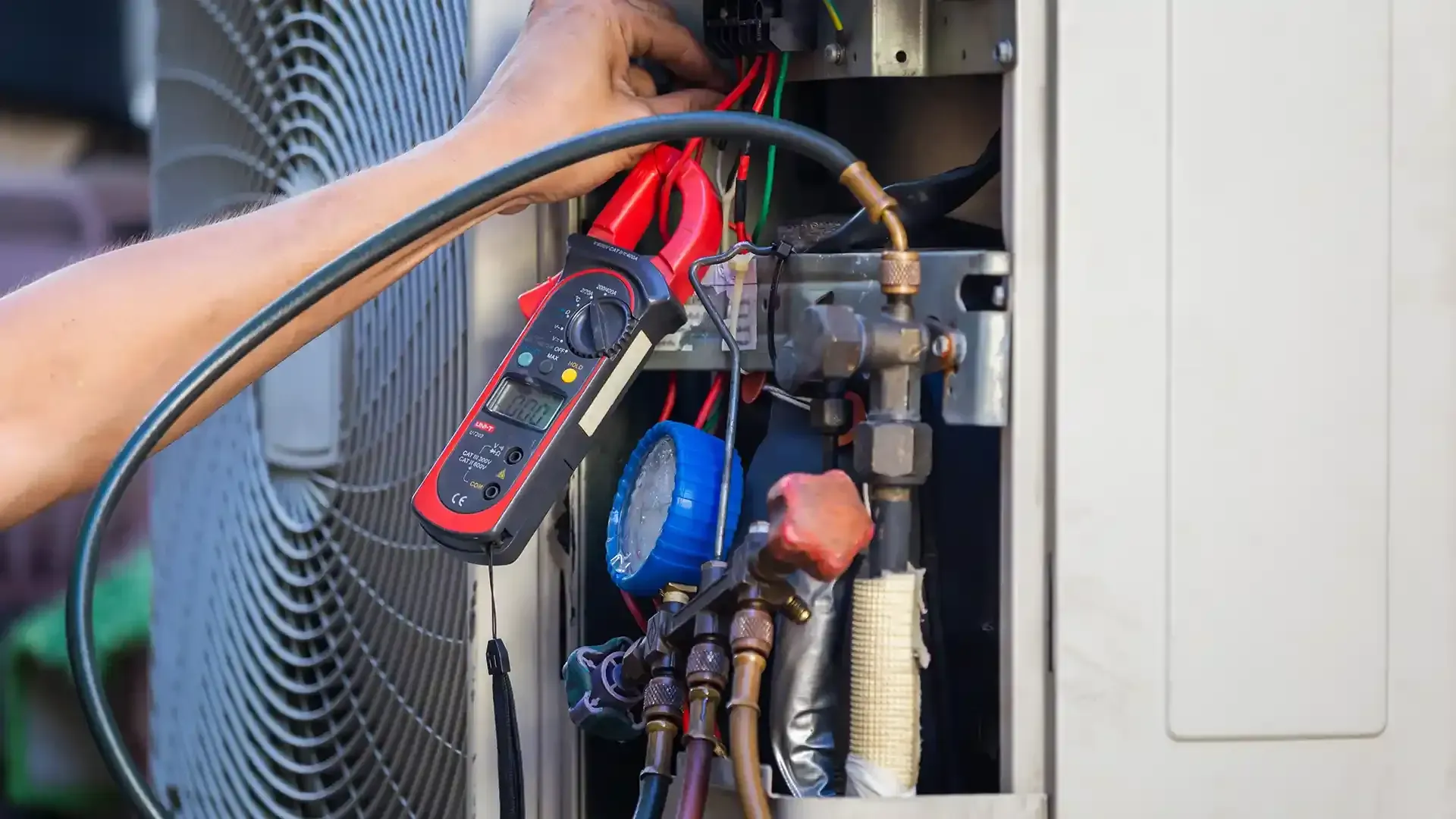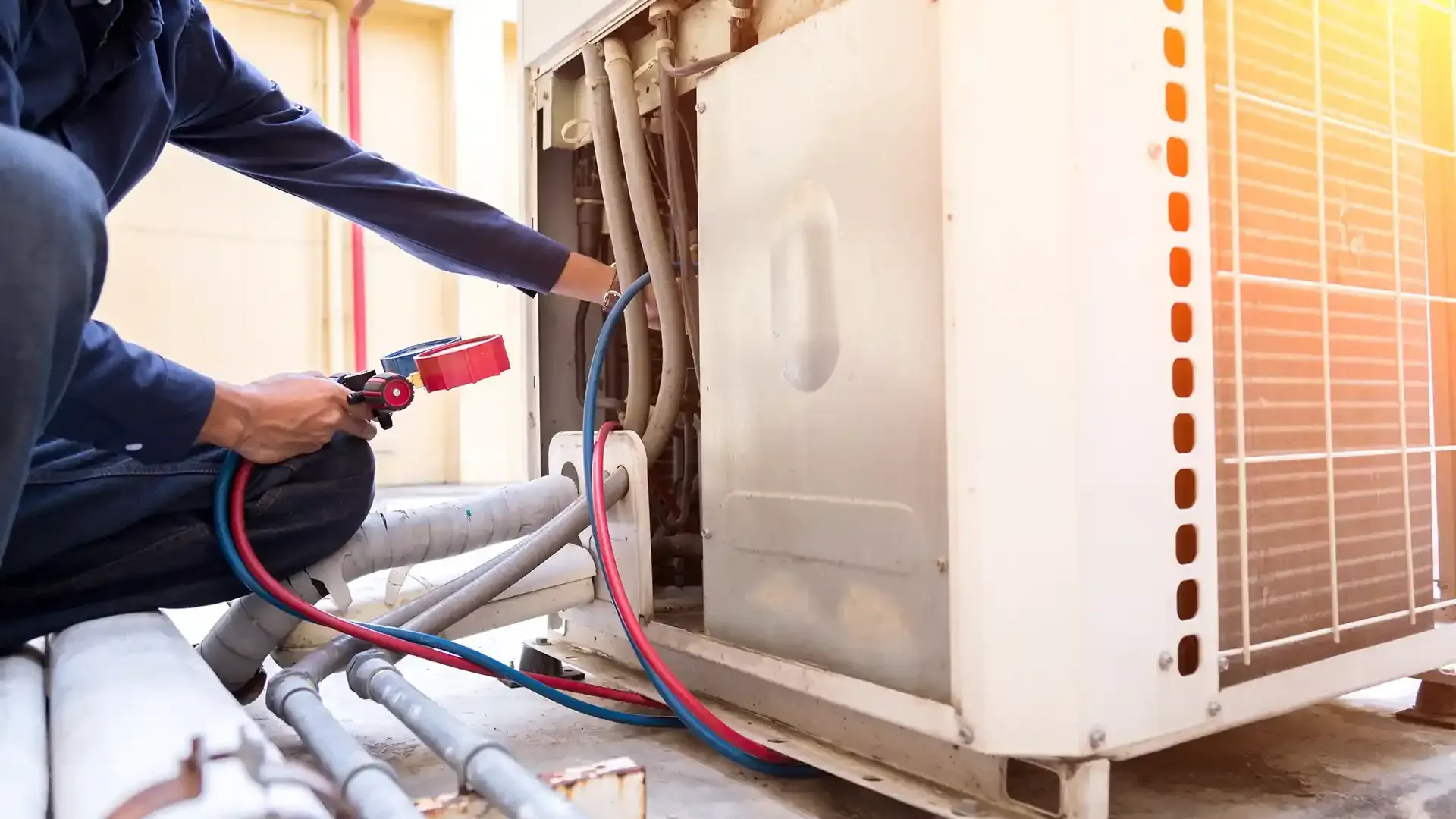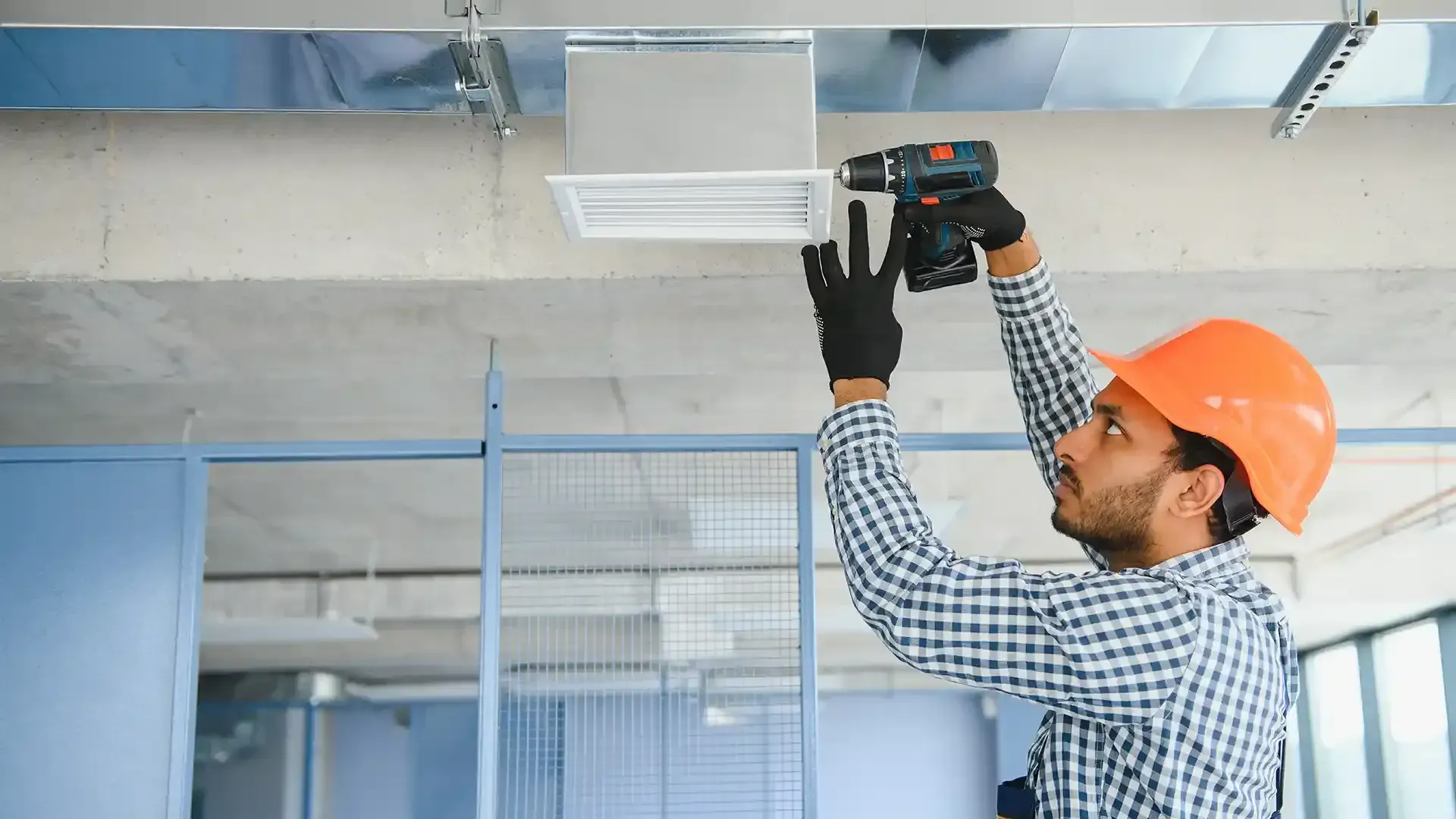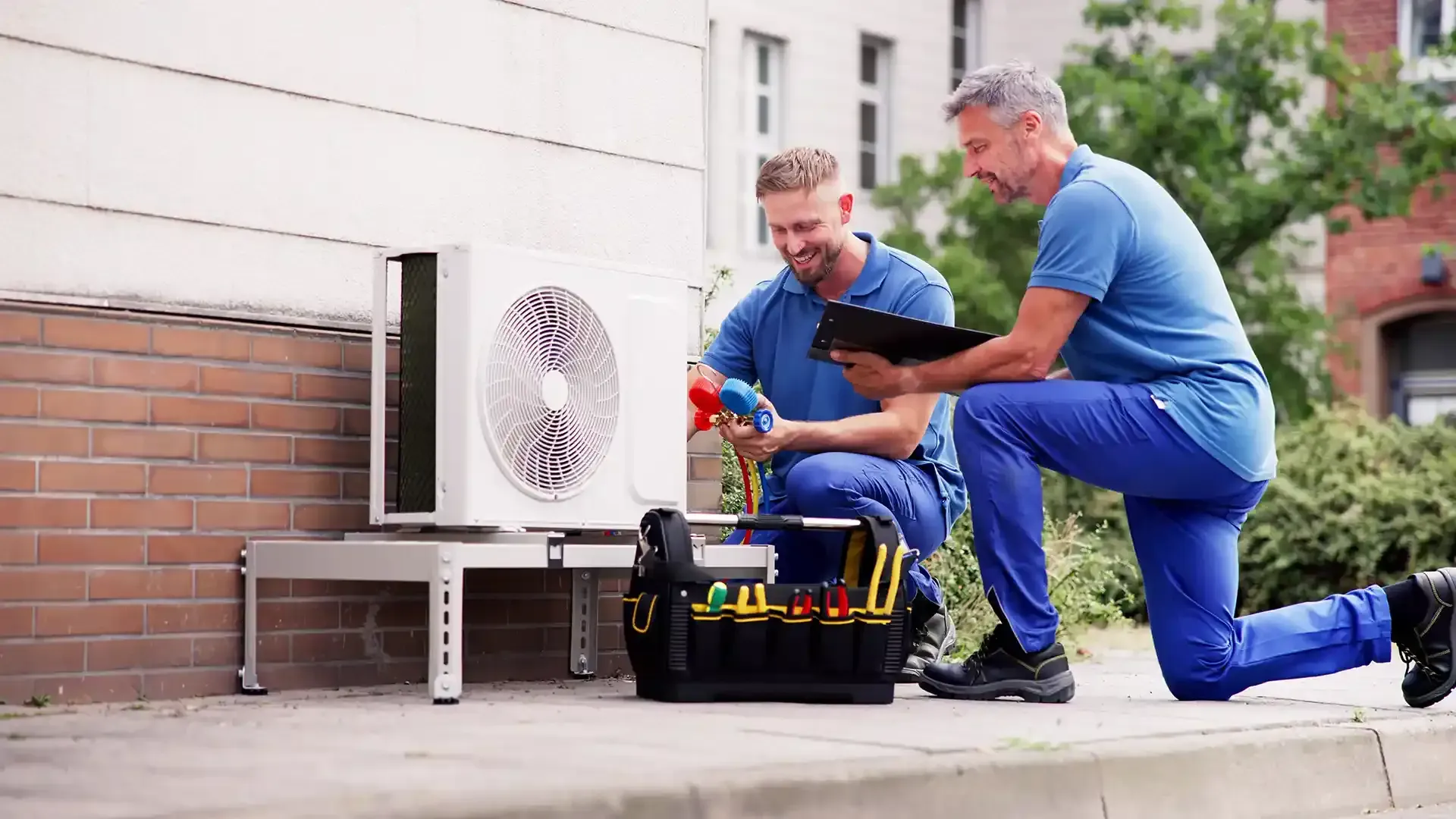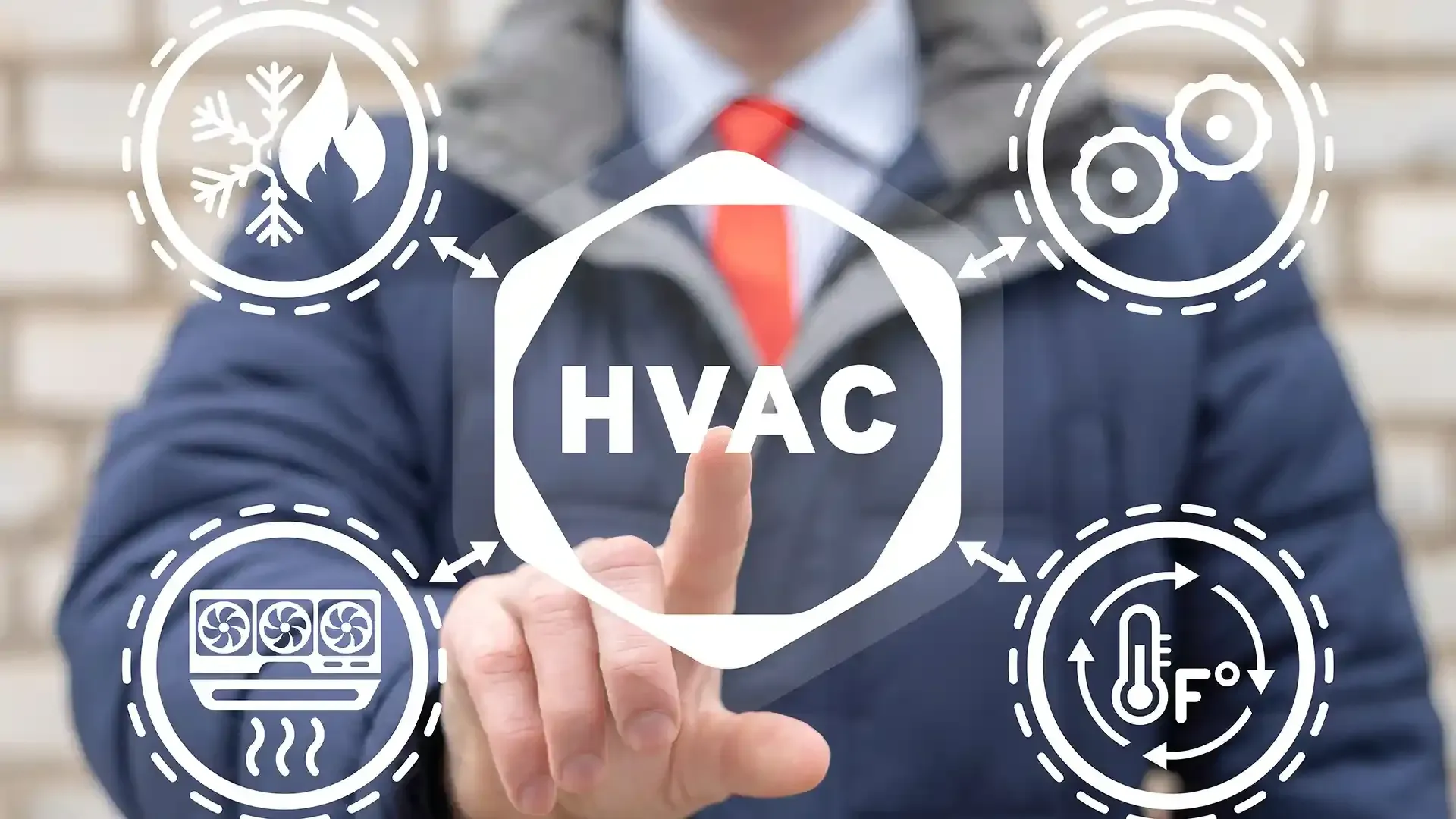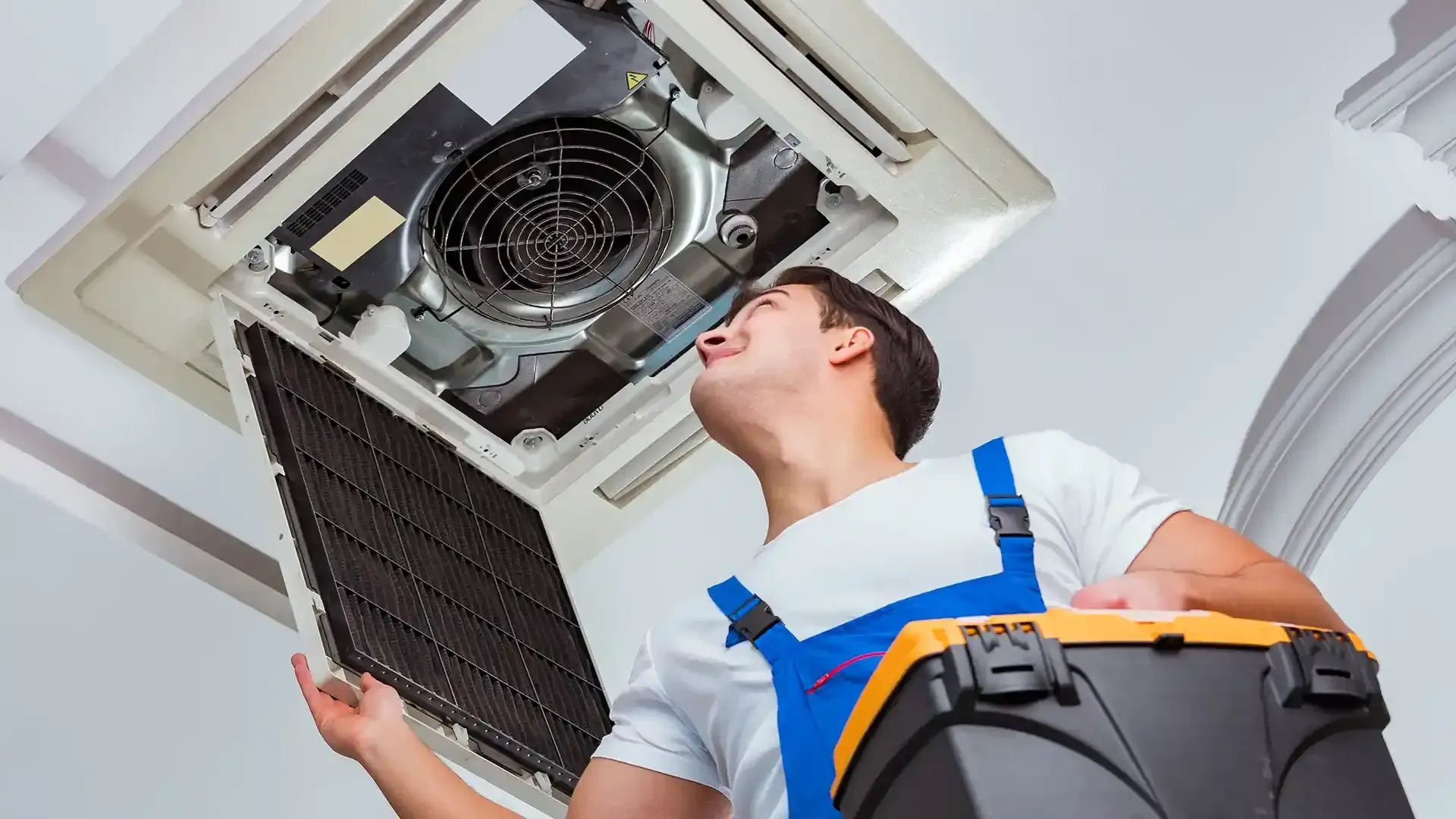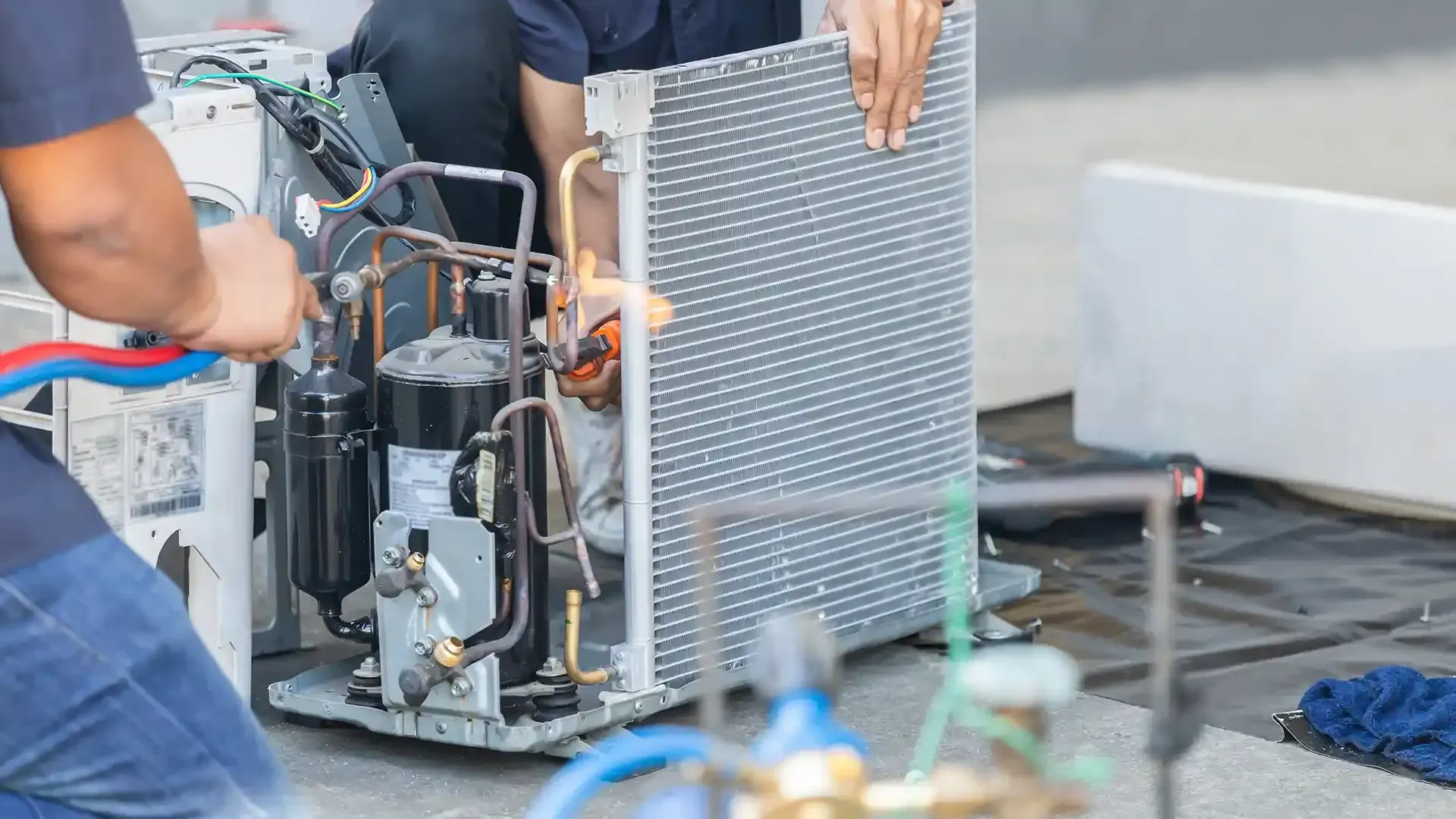How Often to Change Your HVAC Filter: What You Need to Know
How Often to Change Your HVAC Filter: What You Need to Know

Key Takeaways
- Regular Filter Changes Are Crucial: Changing your HVAC filter regularly is essential for maintaining indoor air quality and ensuring your system runs efficiently.
- Frequency Depends on Multiple Factors: The frequency with which you should change your HVAC filter depends on factors such as the type of filter, the presence of pets, and the overall air quality.
- Ignoring Filter Changes Can Lead to Costly Repairs: Neglecting to change your HVAC filter can cause your system to work harder, leading to higher energy bills and potential damage.
- Professional Maintenance Is Recommended: While it may be tempting to handle filter changes on your own, professional HVAC maintenance ensures the job is done correctly and thoroughly.
Maintaining a comfortable and healthy home environment is a priority for most homeowners. One of the simplest yet most impactful ways to do this is by regularly changing your HVAC filter. But how often hvac filter should be changed? In this blog, we’ll explore the factors that determine the optimal frequency for HVAC filter changes, the consequences of neglecting this task, and why relying on professional services is the best approach.
The Importance of Regular HVAC Filter Changes
HVAC systems are the heart of your home’s climate control, ensuring you stay warm in the winter and cool in the summer. However, the effectiveness of your system heavily depends on the condition of its filter. An HVAC filter is designed to trap dust, pollen, and other airborne particles, preventing them from circulating through your home. Over time, these filters become clogged with debris, reducing their effectiveness.
A dirty filter can cause a variety of problems, including poor air quality, reduced airflow, and increased strain on your HVAC system. This not only makes your system less efficient but can also lead to higher energy bills and more frequent breakdowns.
Factors That Influence How Often You Should Change Your HVAC Filter
Type of Filter
Not all HVAC filters are created equal. Filters vary in quality, with some capable of capturing smaller particles than others. Higher-quality filters, such as HEPA filters, are more efficient at trapping pollutants but may require more frequent changes due to their density. On the other hand, basic fiberglass filters may not need to be changed as often but are less effective at filtering out smaller particles.
Household Conditions
The environment in your home plays a significant role in determining
how often HVAC filter changes should be made. Homes with pets, smokers, or individuals with allergies may require more frequent filter changes. Pets, for example, shed hair and dander, which can quickly clog a filter. Similarly, if you or someone in your home suffers from allergies, changing the filter more often can help maintain cleaner air and reduce symptoms.
Air Quality
If you live in an area with poor outdoor air quality, such as a city with high pollution levels or a region prone to wildfires, your HVAC filter will likely need to be changed more often. The filter works hard to trap these outdoor pollutants, preventing them from entering your home. As a result, it can become clogged more quickly.
System Usage
How often you use your HVAC system also affects how often HVAC filter changes should be performed. During peak usage seasons—such as summer or winter when the system is running almost constantly—the filter will accumulate debris faster. Conversely, during milder seasons when the system is used less frequently, the filter may last longer.
The Consequences of Neglecting HVAC Filter Changes
Failing to change your HVAC filter regularly can have several negative consequences. A clogged filter restricts airflow, forcing your HVAC system to work harder to circulate air throughout your home. This increased workload can lead to higher energy bills, as the system consumes more power to maintain the desired temperature.
Moreover, the strain on the system can cause components to wear out faster, leading to costly repairs or even the need for a complete system replacement. In extreme cases, a clogged filter can cause the system to overheat and shut down, leaving you without heating or cooling when you need it most.
Another critical concern is indoor air quality. When a filter is clogged, it can no longer effectively trap pollutants, allowing dust, pollen, and other allergens to circulate freely in your home. This can exacerbate allergies and respiratory issues, particularly for vulnerable individuals such as children, the elderly, and those with preexisting conditions.
Professional Maintenance vs. DIY Filter Changes
While changing an HVAC filter might seem like a simple task, there are several reasons why professional maintenance is a better option. HVAC professionals have the expertise to identify potential issues that a homeowner might overlook. During a routine maintenance visit, a professional can inspect the entire system, clean the components, and replace the filter, ensuring that everything is in optimal working condition.
Additionally, professionals have access to higher-quality filters that may not be readily available to consumers. These filters are more effective at trapping smaller particles, providing better air quality for your home. They can also recommend the best filter type for your specific needs, taking into account factors such as the presence of pets, allergies, and local air quality.
Moreover, professional maintenance can save you time and hassle. Rather than trying to remember when to change your filter, you can set up a maintenance schedule with your HVAC technician. This way, you can rest easy knowing that your system is being properly cared for.
How Often Should You Change Your HVAC Filter?
So, how often HVAC filter change? The answer depends on the factors we’ve discussed. However, a general rule of thumb is to check your filter every 30 days and replace it every 60 to 90 days. If you have pets, live in an area with poor air quality, or have family members with allergies, you may need to change the filter more frequently—every 30 to 45 days.
For those using higher-quality filters, such as HEPA filters, the replacement interval may be longer—up to 6 months—but regular checks are still recommended. Ultimately, it’s important to monitor the condition of your filter regularly and replace it as needed to maintain optimal system performance and air quality.
For all your HVAC requirements—installation, maintenance, or repairs—rely on the professionals at
Plumber Scranton. Located in Pennsylvania, USA, our experienced technicians are committed to keeping your heating and cooling systems running smoothly and safely. If you need reliable HVAC services, reach out to us at 570-243-0180. Trust Plumber Scranton to handle your comfort, ensuring peace of mind throughout the year.
Conclusion
Changing your HVAC filter regularly is one of the most important things you can do to maintain a healthy and efficient home environment. While the task may seem straightforward, the frequency with which you should change the filter depends on various factors, including the type of filter, household conditions, air quality, and system usage.
Neglecting this simple task can lead to a host of problems, including poor air quality, higher energy bills, and costly repairs. While it may be tempting to handle filter changes on your own, professional HVAC maintenance ensures that the job is done correctly and thoroughly, providing you with peace of mind.
Take control of your home’s comfort and efficiency today. Contact Plumber Scranton to schedule your HVAC maintenance and learn more about how often HVAC filter changes should be made to keep your system running smoothly.
FAQs
Q: How do I know when my HVAC filter needs to be changed?
A: Check your filter every 30 days. If it appears dirty or clogged, it’s time to replace it. Additionally, if you notice a decrease in airflow or an increase in dust around your home, it may be a sign that your filter needs changing.
Q: Can I clean and reuse my HVAC filter instead of replacing it?
A: Most HVAC filters are disposable and should not be cleaned or reused. Some filters, such as certain HEPA filters, are washable, but it’s important to follow the manufacturer’s instructions carefully. For the best air quality and system performance, replacing the filter is recommended.
Q: What happens if I don’t change my HVAC filter regularly?
A: Failing to change your HVAC filter can lead to reduced airflow, higher energy bills, and potential damage to your HVAC system. It can also negatively impact indoor air quality, increasing the risk of allergies and respiratory issues.
CONTACT US TODAY
Send us a message using form below and we'll get back to you right away!
Contact Us
We will get back to you as soon as possible.
Please try again later.

